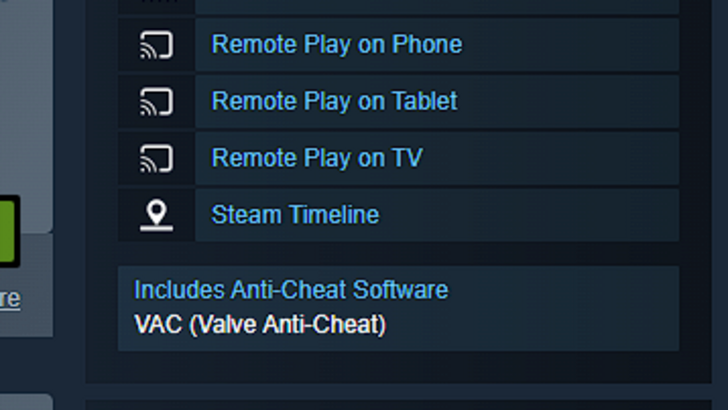Steam's New Anti-Cheat Disclosure Feature: A Step Towards Transparency?

Valve has implemented a new feature on Steam, requiring developers to disclose whether their games utilize kernel-mode anti-cheat systems. This move follows feedback from both developers and players seeking greater transparency regarding anti-cheat software. The update, accessible through the Steamworks API's "Edit Store Page" section, allows developers to specify their game's anti-cheat implementation.
While disclosure for non-kernel-based anti-cheat remains optional, mandatory declaration for kernel-mode systems aims to address concerns about their potential invasiveness.

Kernel-mode anti-cheat operates by directly examining processes on a player's device, a practice that has sparked debate. Unlike traditional methods focusing on in-game activity, this approach accesses low-level system data, raising potential performance, security, and privacy concerns for some users.
Valve's decision reflects a response to ongoing dialogue. Developers sought clearer communication channels with players, while players demanded more information about anti-cheat services and associated software installations.

In a Steamworks blog post, Valve stated their intention to improve communication and provide players with clearer insights into the software used in games. This change benefits both developers and players by fostering better understanding and trust.

Mixed Reactions and Unanswered Questions
The feature, launched on October 31, 2024, at 3:09 a.m. CST, is already visible. Counter-Strike 2's Steam page, for instance, now clearly displays its use of Valve Anti-Cheat (VAC).

While many users applaud Valve's "pro-consumer" approach, some criticisms remain. Minor issues such as grammatical inconsistencies and the use of terminology like "old" to describe games updating their information have been noted. Furthermore, questions about handling language translations and defining "client-side kernel-mode" anti-cheat, particularly concerning solutions like PunkBuster, persist. The underlying concerns about the intrusiveness of kernel-mode anti-cheat continue to be debated.

Despite these initial reactions, Valve's commitment to platform transparency is evident, as demonstrated by their openness regarding recent California consumer protection legislation. Whether this new feature fully addresses community concerns about kernel-mode anti-cheat remains to be seen.















